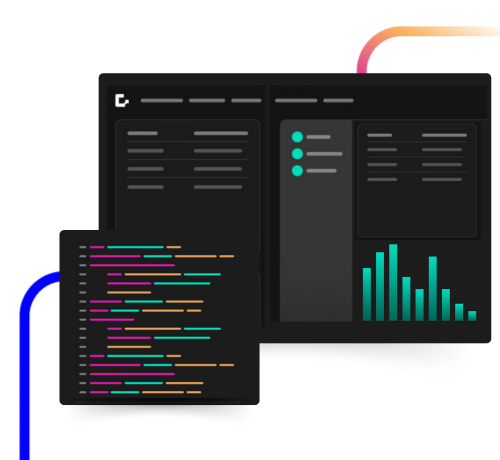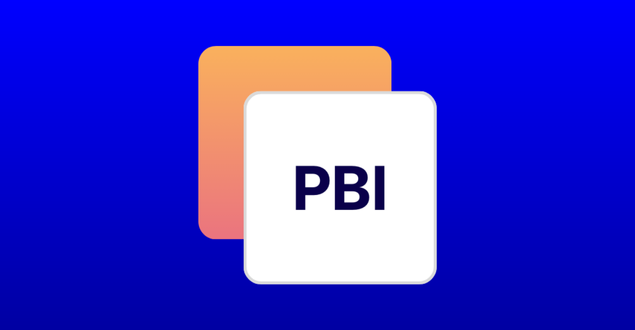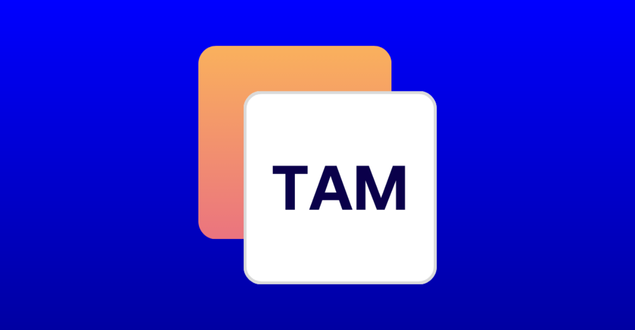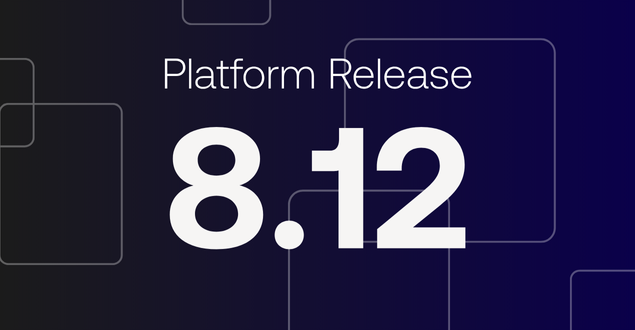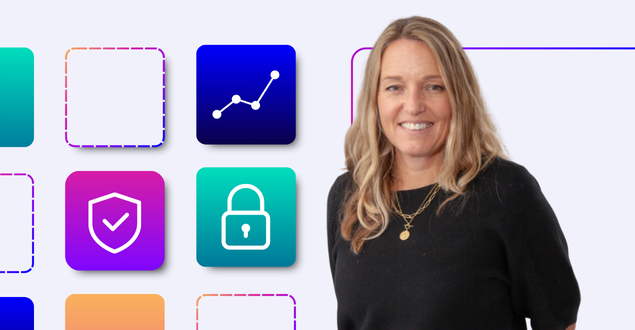
A market plagued by fragmented systems and manual processes
Despite many advances in recent years for fixed-income markets, liquidity remains fragmented and as a result, markets are still plagued by outdated workflows, manual inefficiencies and legacy technology.
As markets have changed over time, firms have deployed a wide range of technologies to try and overcome the inherent challenges presented to them. As a result, many firms now find themselves left with a combination of disparate technologies that lack coordination and efficiency, along with far too many business-critical processes that still run manually or out of spreadsheets. This not only leads to delays in trading in both primary and secondary fixed-income markets but also higher operational costs and an over-increased risk of error.
An all too familiar example of this problem manifests itself daily within the primary market, where teams may have only an hour or two to analyze new bond information, collate interest across the firm and place orders with the book-runners.
But the good news is you can automate most, and in some cases all, of the routine tasks associated with primary bond issuance. More generally, implementing new software and tools can speed up processes and enable you and your team to be more efficient, focus on strategy and spend less time on manual tasks.
Operating in fixed-income securities and struggling to implement workflow automation? Speak with our team today

A focus on Primary Markets: Automation in bond issuance
While automation seems a simple answer, it’s often not easy. Key obstacles typically arise around the coordination of where issuance data is sourced and then a mechanism for cleansing the data before distributing it amongst analysts and portfolio managers. From here, informed investment decisions need to be made promptly before finally communicating with the trading desk to send orders out to the respective book-runners.
At a high level, implementing new technologies to improve these processes seems straightforward. However, we must ensure that the solutions we deploy deliver not only functionality but also security, audit, availability, scalability, and performance.
System and data consolidation
Many firms rely on myriad systems for order management, execution, analytics and compliance. These systems often don’t talk to each other, resulting in inefficiencies and increased operational risk. Additionally, these inefficiencies can lead to missed trading opportunities or suboptimal execution during peak periods of market activity.
The aim should be to create a unified and interoperable workspace.
An example of this is how Genesis built and implemented our Primary Bond Issuance Application (PBI) for a global asset manager. PBI is a data aggregation and collaboration tool that integrates multiple internal systems and external data sources into one deal-focused workspace. This lets the firm’s portfolio managers, traders and credit analysts make faster, more collaborative decisions on new issue data.
PBI can also act as a launchpad for further automation too. In this example, we also provided two complementary applications to enhance automation. One is an augmented trade blotter across multiple systems and asset classes that allows traders to view everything in one place, making them more efficient and quicker to service the trading needs of portfolio managers. It creates a holistic multi-asset class view of all trading activity and integrates live streaming prices and liquidity data complemented by analytics to give traders everything they need.
Explore the capabilities of the Genesis Primary Bond Issuance Application, a robust tool for asset managers to track new bond deals. Learn more about PBI.
The bottom line
Workflow automation in fixed-income trading is no longer a nice to have. It’s now a necessity for trading desks to operate efficiently. As the market continues to evolve, firms that fail to automate and automate well will effectively find themselves at a competitive disadvantage. However, as this article illustrates, automation is not without its challenges.
Making the right technology choices is paramount not only to address your needs today but to give you a platform in which you can continue to evolve, grow and change over time. To put it another way, firms must solve for today in a way that allows them to solve just as easily in the future.
Fixed income markets will continue to evolve and change over the short to medium term. Cost pressures and limited resources only heighten the need to make the right choices amidst an ever-changing marketplace. By focusing on integrating new and existing systems and optimizing manual processes with automation, you can modernize your fixed-income trading desks and ensure your systems are built to last.
Ready to automate? Schedule a conversation with our team
Start building finance-grade
applications 10x faster
Explore the Genesis Application Platform in action with a 60-day free trial* to get your first application built and in-market faster than ever before.
